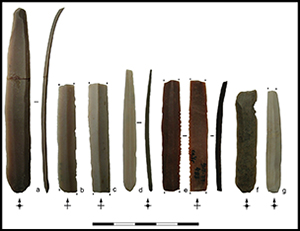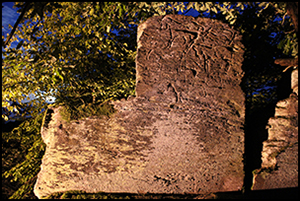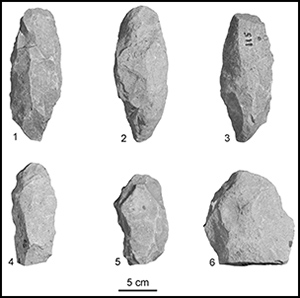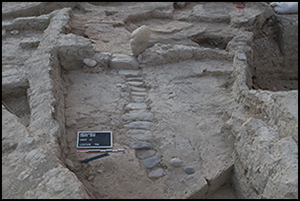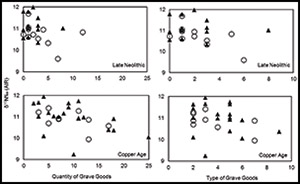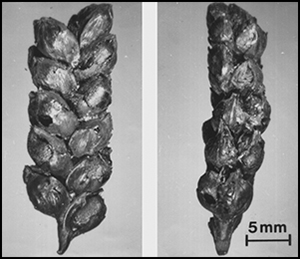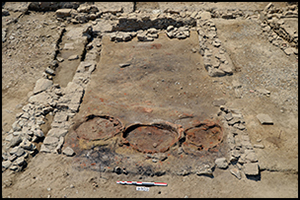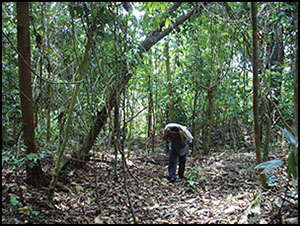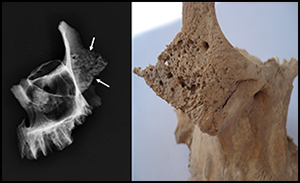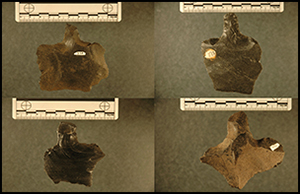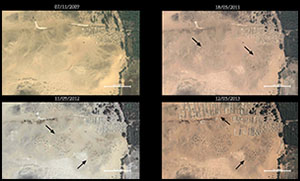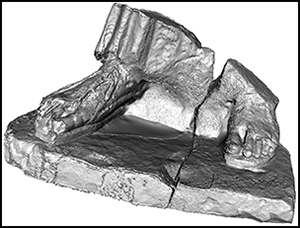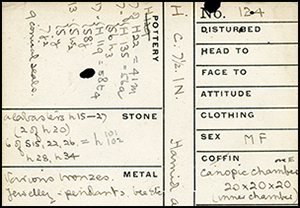Editorial
EDITORIAL
-
- Published online by Cambridge University Press:
- 17 February 2016, pp. 1-8
-
- Article
-
- You have access
- HTML
- Export citation
Research
Migrations and interactions in prehistoric Beringia: the evolution of Yakutian lithic technology
-
- Published online by Cambridge University Press:
- 17 February 2016, pp. 9-31
-
- Article
-
- You have access
- HTML
- Export citation
First Palaeolithic rock art in Germany: engravings on Hunsrück slate
-
- Published online by Cambridge University Press:
- 17 February 2016, pp. 32-47
-
- Article
- Export citation
Trade me an axe? Interpretive challenges of the distribution and provenance of Neolithic basaltic bifacial tools in Israel
-
- Published online by Cambridge University Press:
- 17 February 2016, pp. 48-63
-
- Article
- Export citation
Scalar differences: temporal rhythms and spatial patterns at Monjukli Depe, southern Turkmenistan
-
- Published online by Cambridge University Press:
- 17 February 2016, pp. 64-80
-
- Article
- Export citation
Diet, dispersal and social differentiation during the Copper Age in eastern Hungary
-
- Published online by Cambridge University Press:
- 17 February 2016, pp. 81-94
-
- Article
- Export citation
Cultivation of choice: new insights into farming practices at Neolithic lakeshore sites
-
- Published online by Cambridge University Press:
- 17 February 2016, pp. 95-110
-
- Article
-
- You have access
- Open access
- HTML
- Export citation
Buried with turtles: the symbolic role of the Euphrates soft-shelled turtle (Rafetus euphraticus) in Mesopotamia
-
- Published online by Cambridge University Press:
- 17 February 2016, pp. 111-125
-
- Article
- Export citation
Communal eating and drinking in early Roman Mediterranean France: a possible tavern at Lattara, c. 125–75 BC
-
- Published online by Cambridge University Press:
- 17 February 2016, pp. 126-142
-
- Article
-
- You have access
- HTML
- Export citation
The Kayuko Mound Group: a festival site in southern Belize
-
- Published online by Cambridge University Press:
- 17 February 2016, pp. 143-156
-
- Article
- Export citation
Anaemia (thalassaemia) in the Middle Euphrates Valley of Syria in the second–fourth centuries AD?
-
- Published online by Cambridge University Press:
- 17 February 2016, pp. 157-171
-
- Article
- Export citation
Weapons of war? Rapa Nui mata'a morphometric analyses
-
- Published online by Cambridge University Press:
- 17 February 2016, pp. 172-187
-
- Article
- Export citation
Satellite evidence of archaeological site looting in Egypt: 2002–2013
-
- Published online by Cambridge University Press:
- 17 February 2016, pp. 188-205
-
- Article
-
- You have access
- HTML
- Export citation
Method
A fragmented past: (re)constructing antiquity through 3D artefact modelling and customised structured light scanning at Athienou-Malloura, Cyprus
-
- Published online by Cambridge University Press:
- 17 February 2016, pp. 206-218
-
- Article
- Export citation
Debate
Bridging theory and bow hunting: human cognitive evolution and archaeology
-
- Published online by Cambridge University Press:
- 17 February 2016, pp. 219-228
-
- Article
-
- You have access
- HTML
- Export citation
Conflict antiquities and conflicted antiquities: addressing commercial sales of legally excavated artefacts
-
- Published online by Cambridge University Press:
- 17 February 2016, pp. 229-236
-
- Article
-
- You have access
- Open access
- HTML
- Export citation
‘Celts: art and identity’ exhibition: ‘New Celticism’ at the British Museum
-
- Published online by Cambridge University Press:
- 17 February 2016, pp. 237-244
-
- Article
- Export citation
Review
Identifying Celts
-
- Published online by Cambridge University Press:
- 17 February 2016, pp. 245-248
-
- Article
- Export citation
Mortuary practices and living-dead interactions: recent research in the ancient Andes
-
- Published online by Cambridge University Press:
- 17 February 2016, pp. 249-251
-
- Article
- Export citation
Book Review
Mark Golitko . LBK realpolitik: an archaeometric study of conflict and social structure in the Belgian Early Neolithic. 2015. vi+188 pages, numerous b&w illustrations, tables. Oxford: Archaeopress; 978-1-78491-088-4 paperback £33.
-
- Published online by Cambridge University Press:
- 17 February 2016, pp. 252-253
-
- Article
- Export citation


